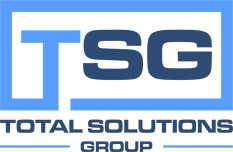Total Solutions Group and team are active in the following organizations:
Total Solutions Group: Affiliated Associations:
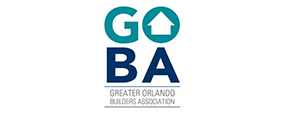
The Greater Orlando Builders Association (GOBA) is the authority, educator and promoter of the housing and building industry serving more than 700 members. Since 1953, GOBA has served the construction industry in Seminole, Orange and Osceola Counties including its cities
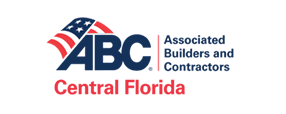
Associated Builders and Contractors (ABC) provides services, programs and communications which meet the expectations of merit shop general contractor, subcontractor, supplier and professional associate members. Key focus areas are, government relations, education, safety, business development, and community involvement.
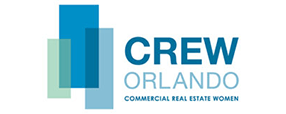
CREW Orlando is the local chapter of CREW Network comprised of over
70 affiliate organizations across the globe representing over 10,000 indi vidual members. This association was formed to attract the most power ful and influential professionals in the commercial real estate industry, offering a unique business development network.
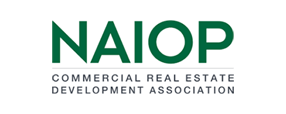
NAIOP, the Commercial Real Estate Development Association, is the leading organization for developers, owners and investors of office, industrial, retail and mixed-use real estate. NAIOP comprises 18,000+ members and provides strong advocacy, education and business opportunities through a powerful North American network
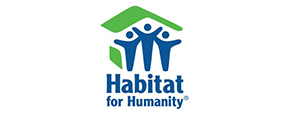
Habitat for Humanity is a nonprofit organization that partners with future and current homeowners to build affordable housing for low to very low-income families. Affiliates and national offices coordinate all aspects of Habitat home building in their local area, including fundraising, building site selection, partner family selection and support, house construction, and mortgage servicing.
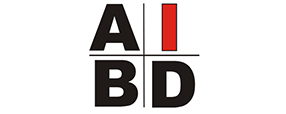
The American Institute of Building Design (AIBD), a nonprofit professional organization established in 1950, strives to protect and enhance member’s ability to practice their profession. AIBD is committed to pro viding quality continuing education and establishing and maintaining professional relationships with other professional organizations within the design and construction industry.
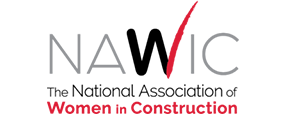
For more than 50 years, the National Association for Women in Construction (NAWIC) has helped women take advantage of the opportunities in construction. Whether you want to establish a net working base, be a mentor/mentee, or make a difference in your community, NA WIC offers a variety of opportunities in the construction industry.

The American Institute of Architects is a professional organization for architects in the United States. Headquartered in Washington, D.C., the AIA offers education, government advocacy, community redevelopment, and public outreach to support the architecture profession and improve its public image.
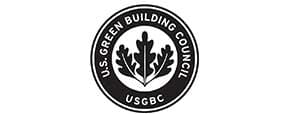
U.S. Green Building Council – Working to build healthy, efficient and equitable green buildings and communities.
Their mission is to transform the way buildings and communities are designed, built, and operated through LEED—enabling an environmentally and socially responsible environment that improves the quality of life.
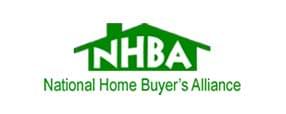
National Home Buyer’s Alliance (NHBA) has been turning renters into homeowners since 1997. Over the years, NHBA has received numerous applications from people who were unable to afford the down payment and closing costs of purchasing a home as well as from individuals facing significant credit challenges.
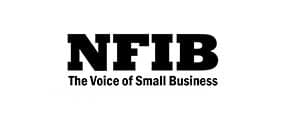
NFIB is the voice of small business, advocating on behalf of America’s small and independent business owners, both in Washington, D.C., and in all 50 state capitals. NFIB is nonprofit, nonpartisan, and member-driven. Since our founding in 1943, NFIB has been exclusively dedicated to small and independent businesses, and remains so today.
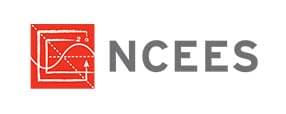
The National Council of Examiners for Engineering and Surveying (NCEES) is a nonprofit organization dedicated to advancing professional licensure for engineers and surveyors.
In the United States, engineers and surveyors are licensed at the state and territory level. U.S. licensure began in 1891 when California passed legislation to regulate surveyors. Engineering followed in 1907 when Wyoming began requiring licensure for both engineers and surveyors. As more states enacted similar legislation over the next decade, U.S. licensing boards began to see a need for a national council to help improve uniformity of laws and to promote mobility of licensure.
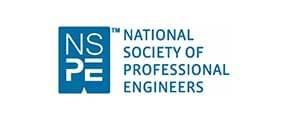
The National Council of Examiners for Engineering and Surveying (NCEES) is a nonprofit organization dedicated to advancing professional licensure for engineers and surveyors.
In the United States, engineers and surveyors are licensed at the state and territory level. U.S. licensure began in 1891 when California passed legislation to regulate surveyors. Engineering followed in 1907 when Wyoming began requiring licensure for both engineers and surveyors. As more states enacted similar legislation over the next decade, U.S. licensing boards began to see a need for a national council to help improve uniformity of laws and to promote mobility of licensure.
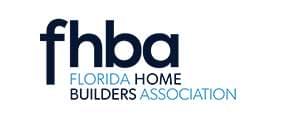
Established in 1947, FHBA is affiliated with the National Association of Home Builders (NAHB) and Florida’s local/regional homebuilder associations. FHBA, along with its affiliates, work to create the best possible economic and regulatory environment for members to succeed.
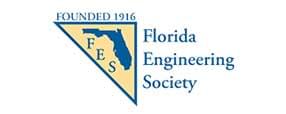
Florida Engineering Society (FES) is an association of Professional Engineers with over 2,500 members. FES supports engineering education, advocates licensure, promotes the ethical and competent practice of engineering and enhances the image and well-being of all engineers in the state of Florida.
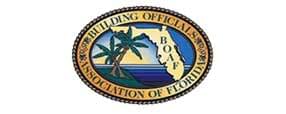
The Building Officials Association of Florida is a non-profit member-driven association of building code enforcement professionals. Membership in BOAF will provide you with technical information, advocacy, and professional networking opportunities, which will help advance your career. You will be able to exchange information with other professionals in building code enforcement.
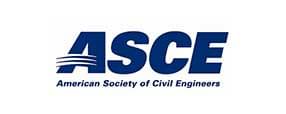
The American Society of Civil Engineers represents more than 150,000 members of the civil engineering profession in 177 countries. Founded in 1852, ASCE is the nation’s oldest engineering society.
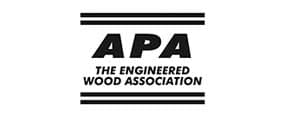
The Engineered Wood Association is a nonprofit trade association that works with its members to create structural wood products of exceptional strength, versatility and reliability. Combining the research efforts of scientists and engineers at APA’s 42,000 square-foot research center with the knowledge gained from decades of field work, and cooperation with our member manufacturers, APA promotes new solutions and improved processes that benefit the entire industry.
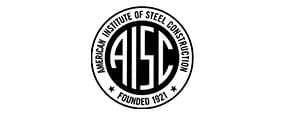
The American Institute of Steel Construction (AISC), headquartered in Chicago, is a non-partisan, not-for-profit technical institute and trade association established in 1921 to serve the structural steel design community and construction industry in the United States. AISC’s mission is to make structural steel the material of choice by being the leader in structural-steel-related technical and market-building activities, including specification and code development, research, education, technical assistance, quality certification, standardization, market development, and advocacy. AISC has a long tradition of service to the steel construction industry providing timely and reliable information.

ACI established the ACI Foundation in 1989 as part of its commitment to support students’ education, research, and innovation throughout the concrete industry. ACI Foundation is a not-for‐profit 501(c)(3) organization. The Foundation supports a wide range of research and educational initiatives that contribute to keeping the concrete industry at the forefront of technological advances in material composition, design, and construction.
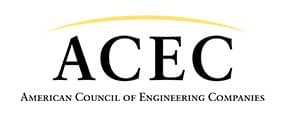
American Council of Engineering Companies. Representing thousands of companies, we are the voice of the engineering industry in Washington, DC and throughout the nation. With roots dating back more than 100 years, ACEC is a federation of 52 state and regional councils representing more than 600,000 engineers, architects, land surveyors and other specialists. Our primary mission is to strengthen the business environment for our member firms through government advocacy, political action, and business education.
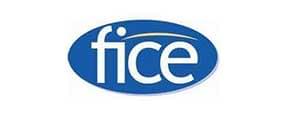
FICE represents the professional and business interests of professional engineers in private practice in Florida and their companies, serving to advance the profession of consulting engineering.
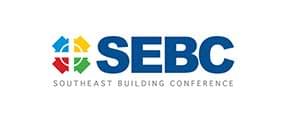
The Southeast Building Conference (SEBC) represents a powerful business-building opportunity for companies that want to reach the huge home building market in the South.
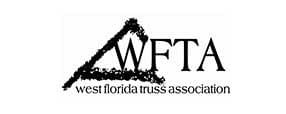
Established in 1983, the Structural Building Components Association (SBCA) is the only international trade association representing manufacturers of structural building components. Its membership also includes truss plate suppliers, original equipment manufacturers and resellers, computer software companies, lumber suppliers, builders and professional individuals in the fields of engineering, marketing and management.
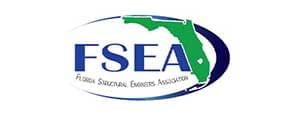
The Florida Structural Engineers Association (FSEA) was formed in 1996 to enhance the profession of structural engineering in the State of Florida. FSEA provides input and leadership on building codes and their enforcement, sponsors technical seminars and roundtable discussions, and organizes informal mixers to facilitate networking between peers. FSEA’s goal is to join together all Florida structural engineers and to address common concerns of the profession.
